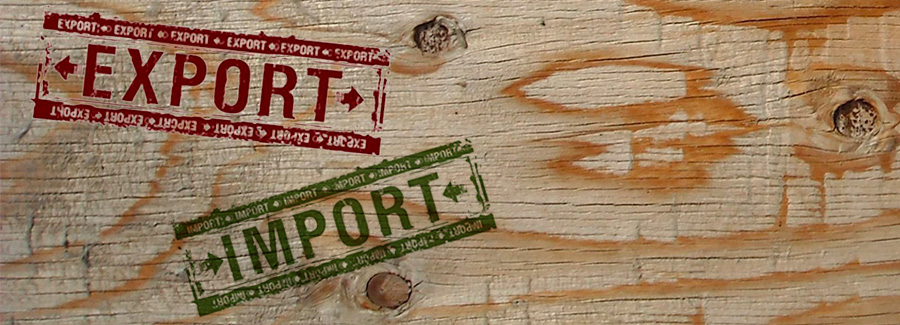Welcome to Cat Express Parcels Export Guide
Exporting is the norm for many companies. Dealing with export paperwork can fill the less experienced exporter with dread, so we've made our export documentation as easy as possible to understand. We recommend that for specific Customs advice you contact HMRC on 0845 010 9000.
Cat Express Parcels complies with strict transport regulations and does not carry any substances classified as prohibited in the latest edition of the Civil Aviation Organisation's Technical Instructions on its courier services.
Please check our list on prohibited goods before you arrange despatch.
Restricted items are generally deemed unsuitable for shipment by our services, however, they can be shipped. Restricted items sent may result in surcharges, delays or confiscation by the relevant authorities. Please check our list on restricted goods.
No transit cover whatsoever will apply to these items and are entirely sent at your own risk.
Invoices
When sending goods other than paper documents or personal effects to countries outside the EU, 4 copies of a commercial invoice completed on company letter headed paper must accompany each package. The minimum details required are:-
(1) Shipper details in full
(2) Receiver details in full
(3) Shipper Vat number
(4) Date
(5) Invoice no.
(6) Full description of goods
(7) Customs commodity codes
(8) Quantity & unit value
(9) Currency used
(10) Declaration
EUR 1 FormThe EUR 1 is a form to claim preferential duty rates on goods being exported to countries with which the EU has a preferential trading agreement.
Below is a list of countries with which the EU has a Free Trade Agreement where the EUR 1 is used:-
Algeria, Bosnia & Herzegovina, Egypt, Iceland, Israel, Jordan, Lebanon, Liechtenstein, Macedonia, Mexico, Morocco, Norway, Serbia, South Africa, Switzerland & Turkey
Certificates of Origin
A Certificate of Origin (COO) is a document confirming that goods in a particular export shipment are wholly obtained or produced or manufactured or processed in a particular country (country of origin). Virtually every country in the world considers the origin of imported goods when determining what duty will be assessed on the goods or, in some extreme cases, whether goods may be legally imported at all. You can obtain Certificates of Origin for non-preferential exports from the local chambers of commerce.






